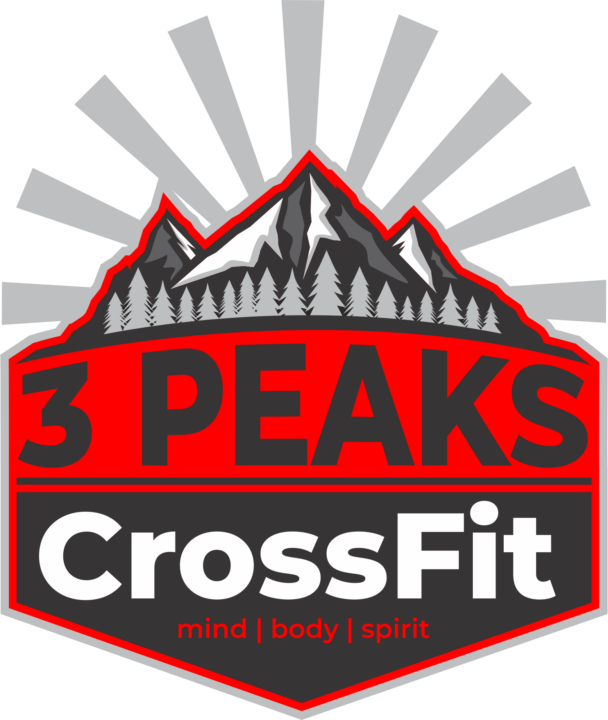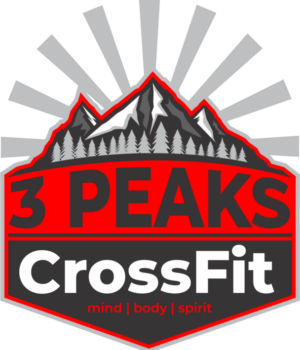Sleep is such an overlooked factor these days. Some of us have lived for decades on little to no sleep and have seemed to do just fine. “Seemed” is the key here.
Until you add serious stress or major life situations to the mix, minimal sleep seems tolerable. Added stress over long periods of time can and will drain our bodies, not just physically, but mentally as well. But it’s generally not as easy as saying, “Just get more sleep.”
Many of us lay our heads down at night and struggle to shut off our brains causing the night to dread on. With early morning schedules, and sleepless nights, it is definitely a disaster brewing for our physical and mental well being. Here are some tips that may help in you quieting your mind, and getting a little more rest each night.
This isn’t a one size fits all when it comes to what works and how many hours you need to actually feel rested and ready to go, but they may help you de-stress, relax, and feel more prepared for the next day!
1. Turn off the screen. This is a tough one for some because many people use TV or look at social media as a means for “shutting their brains off” while the decompress before bed. Sadly electronics (screens) stimulate our brains actually making it much more difficult to fall asleep. (Technology & Sleep).
2. Avoid big meals before bedtime. Research shows that many times, eating large meal right before bed can not only cause falling asleep to be more difficult, it can also lead to stomach issues and be very uncomfortable, which ends up keeping you up. (Livestrong).
3. Limit your caffeine intake. I know I know, I’m a huge coffee fan too. (This isn’t only about coffee though friends). Too much coffee can not only keep you awake when your body and mind need to be sleeping, it can give your body a false sense of energy, making you feel more “alert by blocking sleep-inducing chemicals in the brain and increasing adrenaline production.” (National Sleep Foundation). Overtime, when the body is left to this “false energy”, we’re not able to handle stress (good or bad) as well or recover well after workouts.
4. Get up the same time each day. This one is key, and no matter what, will look different for each individual person. If your a 5 am riser, am I saying to wake at 5 am on Saturday and Sunday as well? No, not necessarily. But I am saying, sleeping in till 8 or 9 am will probably disrupt your bodies system more than you understand making you feel worse. The key for many, is consistency. Find the time and routine that you need to follow, and do that each day.
5. Exercise. Is this my plug for CrossFit? Yes and no. Exercise is proven to decrease stress and help the body rest better. (I personally think that high intensity exercise 3-4 times per week helps our bodies resting ability though).) Regardless of what you’re doing, getting some exercise daily for at least 30 min, will help your body and mind rest much better at night. Whether that means you CrossFit 4x/week and go jogging 1-2x/week, yoga, or just moving your body by going for a brisk walk, you’re helping your body.
6. Before Bed Routine. Now this one is the kicker. If you don’t pay attention to anything else, this is a biggy. What you do before bed directly affects “how” you’ll go to sleep. A routine and decompressing your mind and body into a relaxed state before bed can greatly help you engage in a great night sleep. More importantly, your mindset and attitude “when” you go to bed, directly affect your body and minds sleep and how you wake up. If you go to bed mad or frustrated, you’ll most likely have a restless night sleep and wake frustrated.
Trying meditation before bed, a positive book to put good thoughts in your brain, can be a much better alternative. Finding a relaxing non-screen tool like a hot shower or bath can also be helpful in making your bedtime routine successful. Whatever you do, try to be consistent. Don’t over analyze, just pick one thing, and try to do that each night.
7. Be open to changing things up to find what works. Yes this means you must have patients. If your an athlete, business owner, student, parent, doesn’t matter, many of us have trouble finding ways to help our brains shut off so we can sleep. I have found that some of the above suggestions listed help tremendously during certain times of year or seasons of life. So being a learner as to what will help you in this area is key. I’ve tried a program called Headspace, and absolutely loved it, during a more stressful time in my life when my brain was really having trouble shutting down. And sometimes I’ll revert back to this tool because I know that I benefited from it greatly. The key is, just find what healthy ways work, and be consistent.





